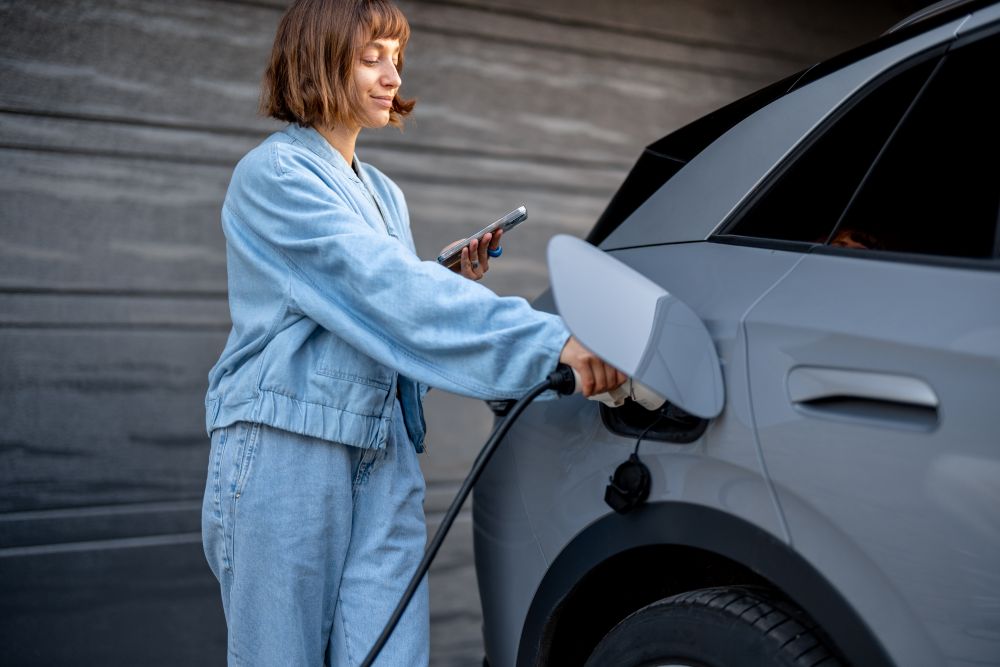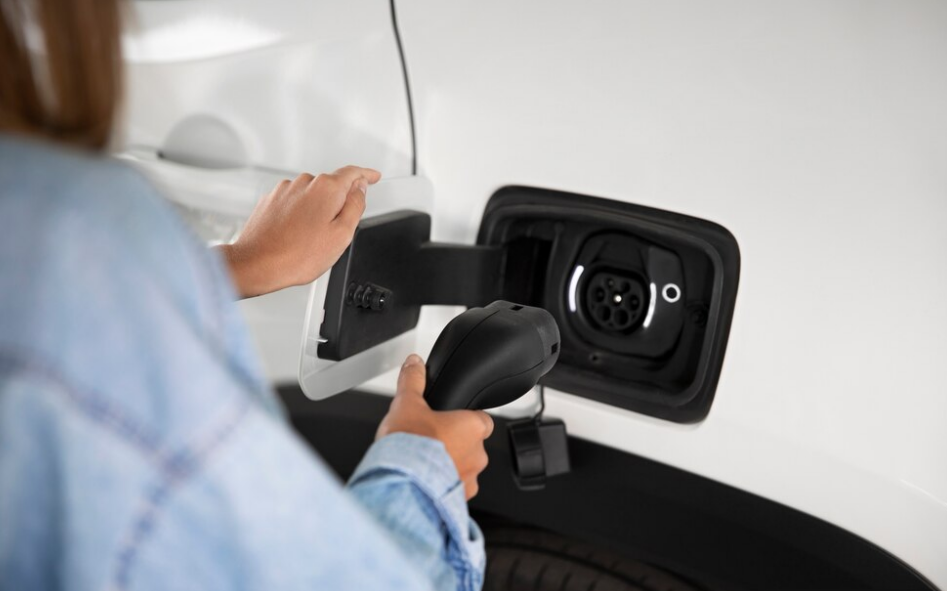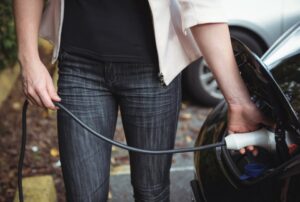
Good charging habits to maximize the range of your electric car
The range of an electric car depends to a large extent on how we care for and charge the battery.

Having a charging station for your electric car is a great way to have peace of mind that your vehicle’s battery will always be ready for the next trip. But one of the main concerns for those who choose to use their own charger to charge their electric car is how this will affect their electricity consumption.
The cost of charging an electric car at home depends on several factors, mainly on:
If you want to know more about how much it costs to charge an electric car, read more.

Many electric companies offer special rates at certain times. So-called off-peak hours often have significantly lower prices than peak hours. Charging your car during these periods can make a big difference in your monthly cost. To take advantage of this option, it is essential to schedule charging to take place at these times, which also helps to balance demand on the electricity grid.
Using smart chargers for electric cars such as those from WOLTIO allows you to program and monitor the charging of the vehicle, facilitating the management of energy consumption, integrating with mobile applications that alert you when it is the optimal time to charge and boosting savings in the electricity bill.
Keeping track of energy consumption and costs associated with car charging is essential to identify areas for improvement. Many apps and connected devices allow you to view real-time consumption and compare it with previous periods. With this information, you can adjust your habits and find the most efficient way to charge your vehicle.
To determine the most economical way to charge an electric vehicle, it is essential to analyze both the cost of electricity and the charging infrastructure used. Here are some key aspects to consider.
A good way to save is to contract a tariff adapted to your needs. Most electricity companies have specific tariffs for electric vehicles or for large consumption at certain times.
Researching and comparing market offers can help you find the tariff that best suits your consumption profile. If you manage to set up charging during the hours when the price is lowest, you will be applying one of the best saving practices for the electric car.
Optimizing the electrical installation, however, is essential. The installation of a home charging system should be designed to maximize energy efficiency. This means having a charger that is adapted to the needs of the vehicle and the characteristics of the electrical grid in your home. A properly sized and maintained system can prevent energy losses and ensure that you are paying only for the energy you need.
In addition to the strategies and alternatives mentioned above, there are additional tricks that can help you reduce the cost of charging your electric car at home.
A crucial factor for good performance is to keep the battery in optimal condition. Avoid charging it to 100% or leaving it discharged for long periods. Proper maintenance not only extends the life of the battery, but also improves charging efficiency and thus helps to achieve greater savings by having an electric car.
If you have your own generation system, such as solar panels, try to use the surplus energy to charge your car. Many installations allow excess energy to be stored in household batteries or redirected directly to charging the vehicle. This trick can significantly reduce dependence on the conventional power grid and, with it, the cost of charging.
In many cases, nighttime rates are cheaper than daytime rates. Scheduling overnight charging is one of the simplest and most effective options for achieving significant savings. This habit aligns perfectly with the tips on how to save by charging your electric car, as it maximizes the use of low-rate hours.
It never hurts to periodically review your electricity bill to identify possible anomalies or areas for improvement. Comparing month to month consumption will allow you to adjust your charging strategy according to variations in cost and vehicle usage.

The range of an electric car depends to a large extent on how we care for and charge the battery.

Having an electric car means enjoying a clean and quiet ride. However, it can be frustrating when the vehicle does

In recent years, the debate about whether it is worthwhile to replace a combustion car with an electric car has